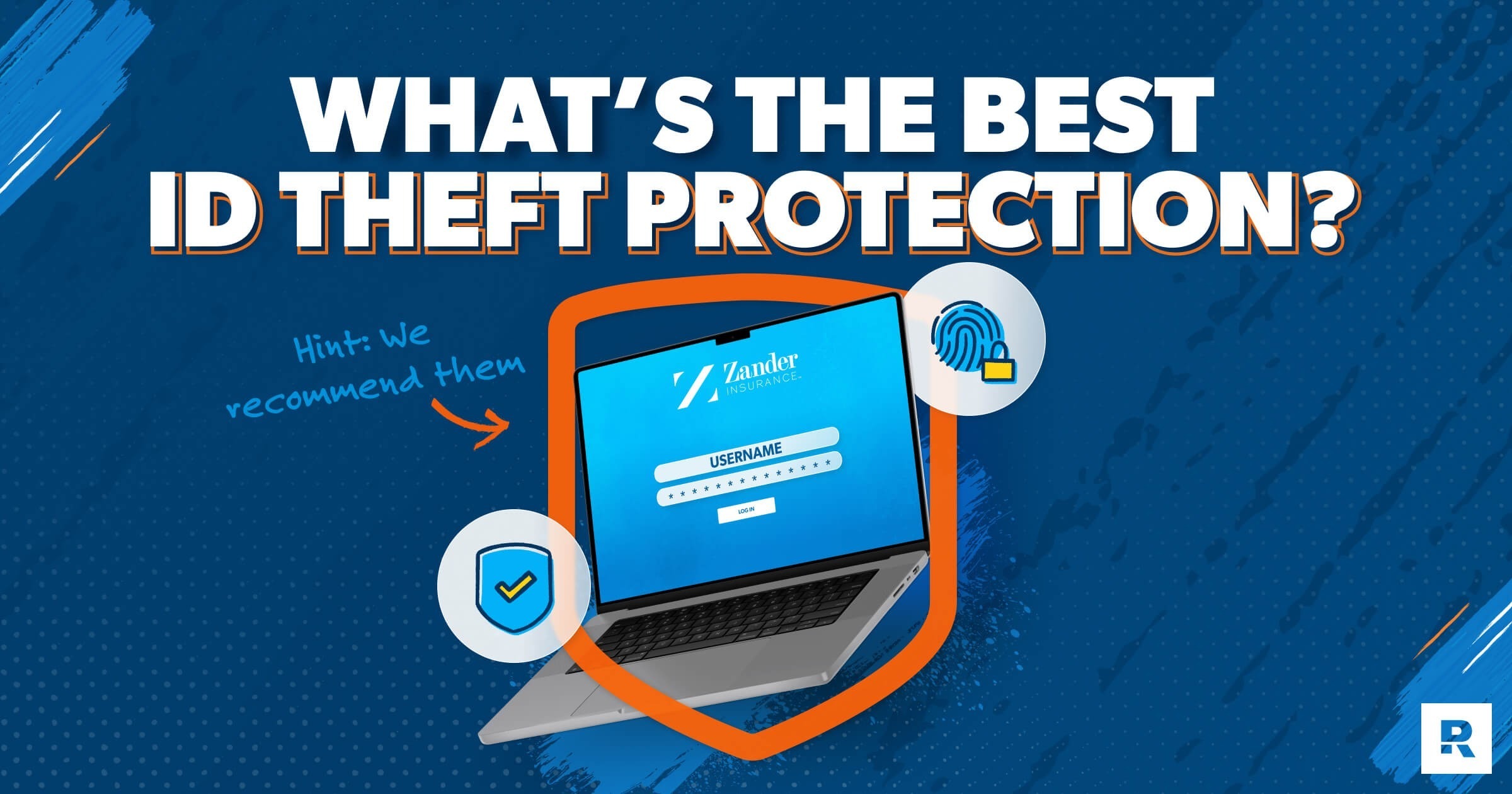How to Protect Your Identity with Insurance
In an increasingly digital world, protecting your identity has become as essential as locking your front door. With personal data flowing through countless online platforms, financial institutions, and service providers, the risk of identity theft is no longer a distant possibility—it’s a daily concern. While strong passwords and cautious online behavior are important first lines of defense, insurance can play a critical role in safeguarding your identity and mitigating the damage if your information is compromised. Identity theft insurance is not just a niche product for the overly cautious; it’s a practical tool for anyone who wants to be prepared in the face of a growing threat.
Identity theft insurance is designed to help you recover from the financial and administrative fallout of having your personal information stolen. It doesn’t prevent identity theft from happening, but it does provide support if it does. This support can include reimbursement for expenses like legal fees, lost wages due to time spent resolving the issue, and the cost of restoring your credit. Some policies also offer access to fraud specialists who can guide you through the recovery process, helping you file police reports, dispute fraudulent charges, and communicate with credit bureaus. In essence, it’s a safety net that can save you time, money, and stress during a difficult period.
One of the most valuable aspects of identity theft insurance is the access to professional assistance. Dealing with identity theft can be overwhelming, especially if you’re unfamiliar with the steps required to restore your records. A dedicated case manager can help you navigate the maze of paperwork, deadlines, and follow-ups that often accompany identity theft cases. This kind of support is not only practical but also emotionally reassuring. Knowing that someone is in your corner, advocating on your behalf, can make a significant difference in how quickly and effectively you recover.
The financial impact of identity theft can be substantial. Victims often face unauthorized charges, drained bank accounts, and even fraudulent loans taken out in their name. While federal laws limit your liability for certain types of fraud, the process of proving your innocence and reversing the damage can be time-consuming and costly. Identity theft insurance can cover out-of-pocket expenses such as notary fees, mailing costs, and even travel expenses if you need to appear in court or meet with law enforcement. Some policies also reimburse for child or elder care if your time is diverted to resolving the issue. These benefits can be a lifeline when you’re trying to get your life back on track.
It’s also worth noting that identity theft doesn’t just affect your finances. It can impact your reputation, your credit score, and your sense of security. In some cases, stolen identities are used to commit crimes, leaving victims to clear their names with authorities. Others may find their medical records compromised, leading to incorrect information being added to their health history. Identity theft insurance can help address these broader consequences by covering the costs of correcting records and providing legal support if needed. It’s a comprehensive approach to recovery that goes beyond simple reimbursement.
When considering identity theft insurance, it’s important to understand what’s included and what’s not. Policies vary widely in terms of coverage, limits, and exclusions. Some are standalone products, while others are offered as add-ons to homeowners, renters, or auto insurance. Before purchasing a policy, review the terms carefully and ask questions about what types of identity theft are covered. For example, some policies may include coverage for tax fraud, social media account takeovers, or synthetic identity fraud, while others may not. Understanding these details ensures that you’re not caught off guard if you ever need to file a claim.
Many insurers also offer proactive monitoring services as part of their identity theft protection packages. These services can alert you to suspicious activity, such as new credit inquiries, changes to your credit report, or unauthorized use of your personal information. While these features aren’t insurance in the traditional sense, they can help you catch problems early and take action before they escalate. Some plans even include dark web monitoring, scanning online forums and marketplaces for signs that your data is being traded or sold. This kind of early warning system can be invaluable in preventing small breaches from becoming major crises.
Businesses, too, can benefit from identity theft insurance, particularly those that handle sensitive customer data. A breach can damage a company’s reputation, lead to regulatory fines, and expose clients to fraud. Business identity theft insurance can help cover the costs of notifying affected customers, providing credit monitoring services, and defending against lawsuits. It also demonstrates a commitment to data security, which can be a competitive advantage in industries where trust is paramount. For freelancers and small business owners, this type of coverage can be an essential part of a broader risk management strategy.
Ultimately, protecting your identity with insurance is about more than just financial reimbursement. It’s about peace of mind. In a world where data breaches make headlines and cybercrime is on the rise, having a plan in place can make all the difference. Identity theft insurance offers a structured, supportive response to a chaotic and often deeply personal violation. It empowers you to act quickly, recover efficiently, and regain control of your life. While no policy can eliminate the risk entirely, it can ensure that you’re not facing the aftermath alone. And in today’s interconnected world, that kind of support is not just helpful—it’s essential.







